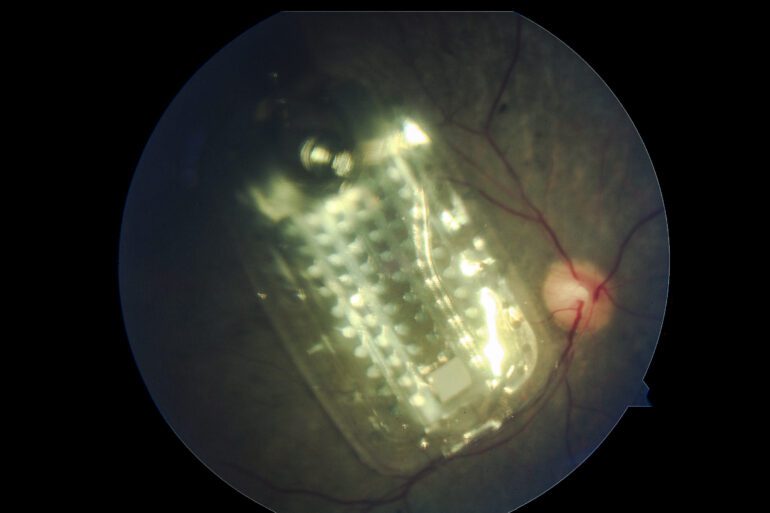TL;DR:
- EPFL researchers achieve a significant advancement in neural prosthetics through innovative machine learning.
- The method aims to enhance the functionality of retinal implants and medical electronic devices.
- Led by Psaltis, Moser, and Ghezzi, the team focuses on revolutionizing downsampling techniques.
- A dual neural network system optimizes sensory encoding within an actor-model framework.
- Initial results show promise for precise image compression and potential applications in various neural prosthetics.
Main AI News:
EPFL’s recent breakthrough in the realm of neural prosthetics presents a paradigm shift in the field, thanks to an innovative machine learning technique. Spearheaded by prominent researchers Demetri Psaltis, Christophe Moser, and Diego Ghezzi, this development has far-reaching implications for the enhancement of retinal implants and similar medical electronic devices.
Redefining Downsampling Techniques with AI
The core of EPFL’s achievement lies in its novel approach to downsampling, a critical process in neural prosthetics. By integrating two neural networks within an actor-model framework, EPFL has pioneered a method to optimize sensory encoding. The model network, acting as a digital counterpart to the retina, adeptly converts high-resolution images into a binary neural code resembling that of the biological retina. Subsequently, the actor network is trained to downsample images while closely mirroring the neural code produced by the biological retina.
Unlocking New Frontiers in Compression Technology
Initial findings from this groundbreaking research demonstrate the potential of the unconstrained neural network to replicate key aspects of retinal processing. This not only introduces a more refined image compression technique, addressing multiple visual dimensions, but also opens doors for applications in diverse neural prosthetics, including auditory and limb prostheses. Beyond restoring vision, EPFL’s work holds transformative potential in reshaping the landscape of sensory prosthetics, offering new avenues for innovation and advancement.
Conclusion:
EPFL’s groundbreaking research signifies a transformative shift in the neural prosthetics market. Their innovative machine learning technique promises enhanced functionality for retinal implants and similar medical devices, opening up new possibilities for sensory restoration. This advancement not only revolutionizes downsampling techniques but also offers a pathway for future innovations in neural prosthetics, shaping the market’s trajectory toward more effective and versatile solutions.

